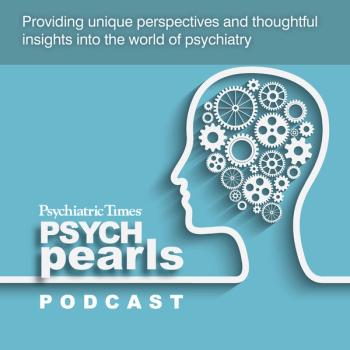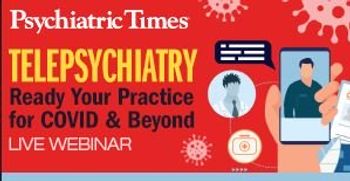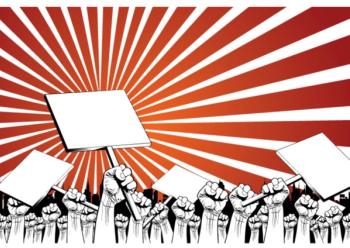
Have we learned anything? Looking back at the Spanish flu epidemic as the world deals with the COVID pandemic.

Have we learned anything? Looking back at the Spanish flu epidemic as the world deals with the COVID pandemic.

Dr Leslie Zun discusses factors associated with accessing services for patients undergoing psychiatric challenges during the pandemic.

The economic fallout of the pandemic may continue for years resulting in prolonged unemployment and an increasing percentage of the population with untreated serious mental health problems.

In this podcast, Dr Andrew Brown, a member of the Group for the Advancement of Psychiatry, Work and Organizations Committee and lead psychiatrist for the Boston Police Department, provides his views on how psychiatrists can help support patients who have anxiety associated with the categorization as “essential.”

Dr Jessi Gold provides quick tips for health care professionals to practice self-care during this difficult time.

As we get past the surge (fingers crossed) of COVID-19, the two most striking pathologies we are seeing are a much greater volume than usual of delirium as well as persistent encephalopathy.

Different groups are more susceptible to COVID-19, both socially and medically, which is why cultural sensitivity is so important during this time.

After so many weeks of sheltering in place, watching the news, and not going to restaurants or other public places due to the pandemic, how do we re-engage and re-integrate slowly and maintain calm?

How can telepsychiatry improve quality and access to care as well as reduce physician burnout? Telepsychiatry pioneers

During this time of social isolation, people who are single may be having a difficult time. Staying home in lockdown may mean they haven't been seen or touched another person in weeks or months. A board-certified pediatrician and adult and child psychiatrist discusses these issues in this podcast.

Isolation does not mean disconnection. Our souls and spirits need to feel part of the bigger family that we are. More in this video.

Here is a sampling of contributions about telepsychiatry submitted during the pandemic, as well as on-demand information from the Psychiatric Times Webinar that took place in May, in case you missed it.

Society’s psychological reactions to a crisis can be predicted according to disaster response frameworks, which can be used to understand what to build during the evolving COVID-19 crisis, and when those innovations will prove most vital.

Dr Daven Morrison provides his views on how and why psychiatrists should take a thorough work history, especially now, during the COVID-19 pandemic.

In his 1918 essay, “Mourning and Melancholia,” Sigmund Freud examined the difference between mourning and melancholia, what we would now call major depression or depressive disorder.

Reflections on the anti-restriction protesters and hyper-individualists.

You are cordially invited to the Psychiatric Times Webinar, Telepsychiatry: Ready Your Practice for COVID and Beyond.

The use of technology that supports remote methods of communication, assessment, and mental health care has become more timely, and important for researchers to adopt, refine, and implement.

In this podcast, psychiatrists from the Group for Advancement of Psychiatry, Work and Organizations committee walk us through assessing how a patient's work ties to their sense of identity. They describe ways to validate a patient's feelings, provide reassurance, and help manage their emotions.

Dr Steve Moffic talks about about some of the psychological dangers clinicians are facing during the pandemic in this video.

Children are struggling through the pandemic. Here are strategies to spot symptoms before things get out of hand.

A child/adolescent and adult psychiatrist answers three key questions regarding youth and COVID-19.

Beyond unsettling our minds, the current pandemic unsettles our souls in ways we are just beginning to understand. Just as the COVID-19 virus attacks the respiratory tract, the pandemic itself can assault the soul. Dr Pies identifies five manifestations of the crisis.

In this video, Samantha Gnanasegaram, MD, a psychiatrist New Hampshire Hospital, Concord, NH, talks about the challengers of being a clinician in the days of the coronavirus pandemic.

We are seeing a rise in hatred and lack of empathy in the face of COVID-19.